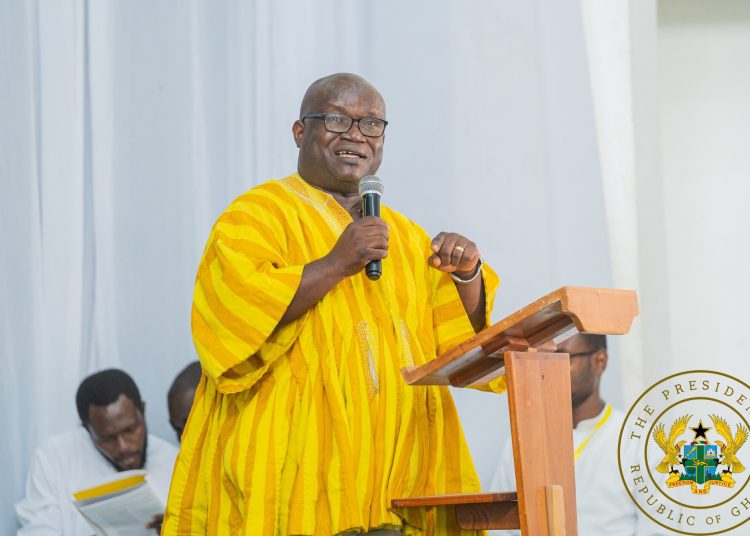Dr. Maxwell Opoku-Afari, the Deputy Governor of the Bank of Ghana (BoG), has emphasized the need for policies that promote savings and investment in the economy, labeling borrowing as an “unsustainable” development strategy.
He highlighted that Ghana’s savings rate, currently below 10%, lags behind other middle-income countries, despite the significant investment requirements for the nation.
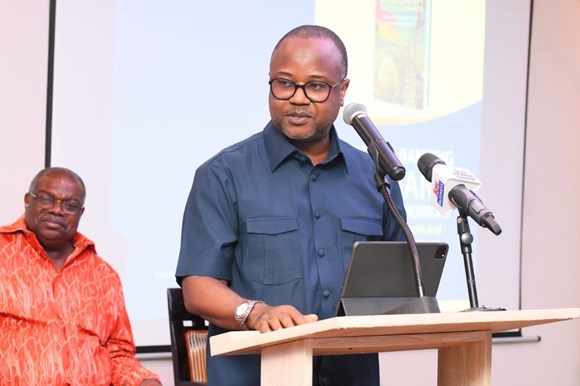
“Most lower-middle-income countries, particularly ours, show a dismal savings rate, which necessitates government borrowing to meet development needs,” he stated.
During a panel discussion following the launch of the 2024 World Development Report, “The Middle-Income Trap,” by the World Bank in Accra on October 11, Dr. Opoku-Afari pointed out that sustainable development relies on domestic revenue mobilization rather than borrowing. “To achieve this, we must focus on increasing the savings rate,” he asserted.
He stressed that for Ghana to experience meaningful structural economic transformation, there needs to be a deliberate effort to drive sustainable investment.
“We need a savings rate that can enhance domestic revenue mobilization, rather than relying on expensive borrowing, especially when investments do not lead to self-financing projects,” he explained.
Dr. Opoku-Afari also called for a national dialogue aimed at addressing the underlying issues contributing to the country’s stagnant savings. “Without a higher savings level, we cannot effectively mobilize revenue domestically,” he noted.
Additionally, he advocated for policies that would equip the growing youth population with the necessary skills to thrive in the global labor market as part of broader efforts toward economic development.
Ms. Mavis Owusu-Gyamfi, President and CEO of the African Center for Economic Transformation (ACET), echoed the call for deliberate policies to transform the economy.
She pointed out that ACET’s Africa Transformation Index indicates that since Ghana became a lower-middle-income country, it has regressed in four of the five pillars of structural transformation: economic diversification, export competitiveness, productivity, and technology use. Progress was noted only in human well-being, though this has been accompanied by increasing income inequality.
“With this trajectory, Ghana now ranks in the bottom third of Africa in terms of transformation, out of 30 countries representing 86% of the continent’s GDP,” she said.
She recommended that future governments prioritize specific high-growth sectors, such as agriculture and tourism, and provide the necessary support to stimulate change.
“Collaboration across the sub-region is crucial. For instance, we should import cotton from neighboring countries, add value to it, and cease the practice of discarding second-hand clothing,” she advised.
The World Bank’s report on the middle-income trap highlighted that while 108 countries are classified as middle-income, only 34 have successfully transitioned to higher-income status in the past two decades.
The report suggests that these countries need to undergo two key transitions: from accelerating investment to infusion, and subsequently to a blend of innovation, investment, and infusion, to escape the trap.

































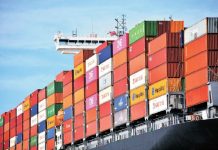
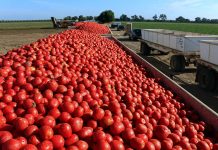

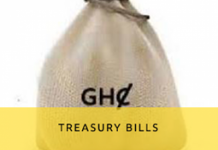



















![[FREE FREE MONEY] Predict and Win a Guaranteed GH¢200 From Us EVERY WEEK](https://wordpress.ghanatalksradio.com/wp-content/uploads/2022/02/Predict-and-Win-Final-09-03-2021-218x150.jpg)
![[Predict & Win – 8th/Oct.] WIN A Guaranteed ¢200 From Us This Week](https://wordpress.ghanatalksradio.com/wp-content/uploads/2021/10/maxresdefault-16-218x150.jpg)
![[Predict & Win – 2nd] WIN A Guaranteed ¢200 From Us This Week](https://wordpress.ghanatalksradio.com/wp-content/uploads/2021/09/maxresdefault-50-218x150.jpg)
![[Predict & Win – 25th] WIN A Guaranteed ¢200 From Us This Week](https://wordpress.ghanatalksradio.com/wp-content/uploads/2021/09/maxresdefault-36-218x150.jpg)
![[Predict & Win – 18th] WIN A Guaranteed ¢200 From Us This Week](https://wordpress.ghanatalksradio.com/wp-content/uploads/2021/09/maxresdefault-23-218x150.jpg)
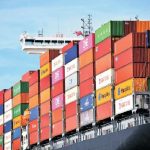
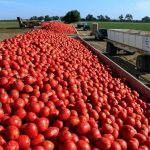
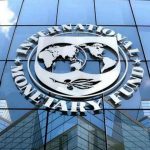




![[National cathedral] See full list of churches that have contributed since 2018](https://wordpress.ghanatalksradio.com/wp-content/uploads/2020/09/Ghana-National-Cathedral-GhanaTalksRadio-100x70.jpg)



